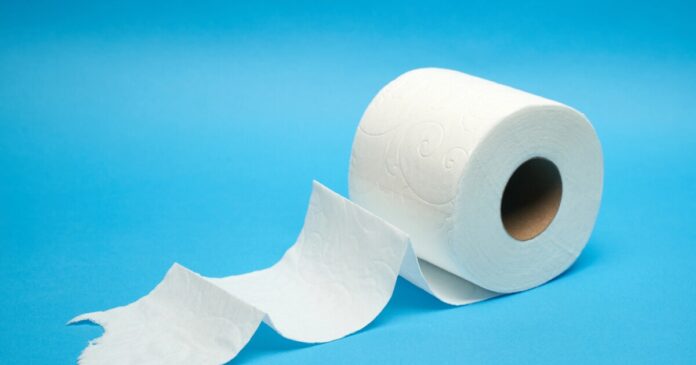You may be sitting on – so to speak – a very valuable asset that scientists would love to get their hands on: your poop. As well as blood, plasma and organs, you can now donate fecal samples to stool banks for research and use in transplants.
One scientist from the University of New South Wales Sydney (UNSW Sydney) has penned a public service announcement to raise awareness of the emergence and importance of stool banks – and it’s something researchers and medical outlets across the world are now also working on.
“The idea is to use it for ‘poo’ transplants, otherwise known as fecal microbiota transplantation,” explained Nadeem O. Kaakoush, Associate Professor of the Host-Microbiome Interactions Group at UNSW Sydney. “That’s when poo products made from healthy donor poo are transplanted into another person to improve their health.”
New Atlas has covered fecal transplantation extensively, and there’s growing evidence suggesting it will be a key way to treat a suite of conditions as we learn more about the microbiome and its impact on health. To date, there are studies into how the procedure could benefit treatment of autism spectrum disorder, alcohol use disorder, obesity, melanoma and cancer. Transplants have also been investigated as possible avenues to treat inflammatory bowel and liver diseases, long-term urinary tract infections and much more.
But clinical trials – and research in general – requires material to start with, which is where you might be able to help.
“Think of a poo donation as donating a different type of ‘organ,’ your gut microbiome,” said Kaakoush. “This is the community of microbes in your gut responsible for critical functions in the body, including shaping your immune system and how you metabolize food.”
However, not all fecal samples are fit for use – the scientific research field still requires it to meet inclusion and exclusion criteria, but for it to be suitable in medical treatment, it needs to be “exceptional” in terms of safety and quality. And given its shelf life, so to speak, you generally need to live within a certain distance of a stool bank to be able to donate.
“Donors undergo extensive medical screening before selection,” Kaakoush said. “When we transplant poo, we want to make sure the donor is free from blood-borne viruses (such as HIV or hepatitis). We also want to make sure their poo is free from parasites, and disease-causing viruses and bacteria (such as Clostridioides difficile) and certain antibiotic-resistant bacteria.”
“To complicate matters, a commitment to donate consistently is expected,” the researcher added. “All these restrictions quickly reduce the pool of donors we can recruit.”
In the US, fecal microbiota transplants (FMT) are a rapidly growing area of medicine, and demand for donors is high. In 2022, the Food and Drug Administration (FDA) approved the first commercial FMT product, RBX2660 (Rebyota), for the prevention of recurrent C. difficile infection (CDI) in adults. In a Phase 3 trial, RBX2660 was significantly more effective at preventing recurrent CDI compared with a placebo (70.6% success versus 57.5%).
The following year, the FDA approved SER-109 (Vowst) – the first commercial oral FMT product for recurrent CDI. In patients with three or more CDIs in a year, the drug led to a lower recurrence rate after just eight weeks compared to a placebo (12.4% versus 39.8%).
Now, fecal-focused centers can be found across the country – some include OpenBiome, Children’s Hospital of Philadelphia (CHOP), which collects samples from individuals up to the age of 21 years to treat pediatric conditions, and GoodNature, an outlet that even has a program offering up to US$1,500 a month for eligible donors who can supply samples that match the criteria.
“You could be saving someone’s life, or at least improving their quality of life significantly,” Kaakoush said. “It is likely your donation will treat someone with recurrent C. difficile infection. Otherwise, it would be used in a clinical trial or study to treat another important medical condition.”
“We’re a long way from replicating the entire gut microbial community in the lab,” he added. “So we have to rely on live microbial products made from donated poo as research moves from the laboratory bench to the clinic.”
In recent years, scientists have identified that among us walk some super-donors – people whose fecal quality is of such a high standard for transplant success it’s incredibly sought-after. Researchers hope that raising the profile of stool banks will help uncover more members of the public whose poop is punching above its weight.
If you ask us, that’s a title that comes with some serious bragging rights.
Source: UNSW


